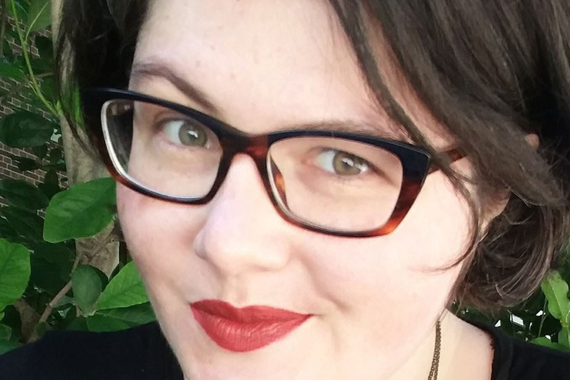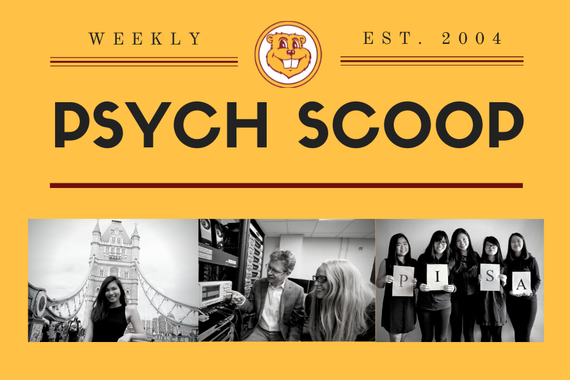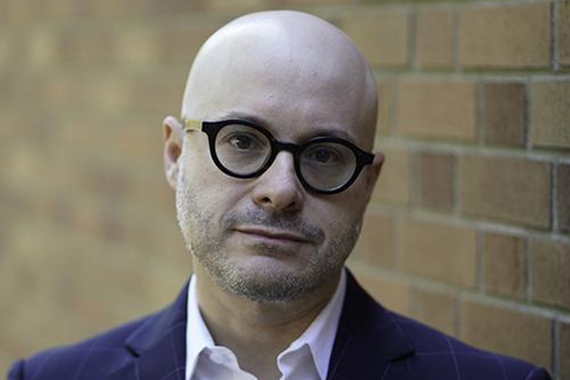Summer Scholars Start the New Academic Year Right
The 2023 Psychology graduate student cohort is large, diverse, and ready to begin their first Fall semester of graduate school. From over 500 applicants, we welcome 25 new grads across all areas—5 in Cognitive and Brain Sciences; 3 in Counseling Psychology; 4 in Clinical Science and Psychopathology Research; 3 in Industrial-Organizational Psychology; 2 in Personality, Individual Differences, and Behavior Genetics; 3 in Quantitative/Psychometric Methods, and 5 in Social Psychology. From this group, we are highlighting three individuals who were nominated for and chose to attend the Graduate School Summer Research Institute: Alicia Bowling, Jesus Delgado, and Rudy Perez.
The Summer Institute is a seven-week bridge program run by the Graduate School Diversity Office. During the seven weeks, students acclimate to the Twin Cities campus environment and to the rigors of research that will define their time as graduate students. Students work with a faculty mentor on projects that will extend into their programs, as well as attend social events with their peers and other orientation activities on campus and throughout the metro area.
All three 2023 Institute participants from Psychology give the program high marks. Jesus Delgado said that he "can't imagine a world where the Summer Institute doesn't help." All three have lived in large metropolitan areas – Boston, Los Angeles, and Washington D.C. – and all three have strong academic and professional experiences beyond their bachelor's degrees. Yet all three report that the experience grounded them by introducing them to the campus, to each other, to their advisers, and to the expectations they will confront in their programs.
We asked each of these graduate students to talk about their intellectual interests and their undergraduate work. We also asked them for a book recommendation based on their scholarly interests.
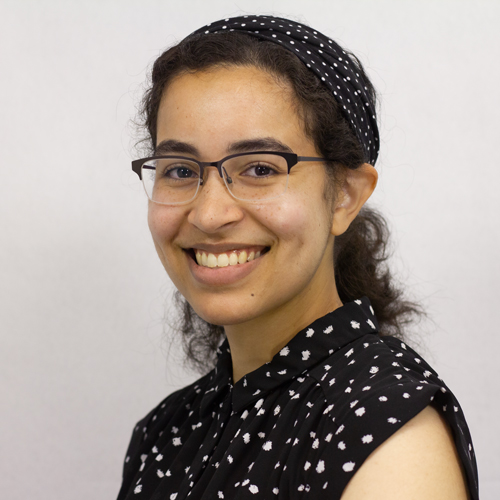
Alicia Bowling is a student of Social Psychology and her advisors are Professors Mark Snyder and Drexler James. Bowling worked with Professor James during the Summer Institute on issues of intersectionality, a lens for understanding how discrimination impacts health. She is interested in how different categorizations of identity work together to create interdependent and unique systems of discrimination. As an undergraduate at Smith College, Bowling's thesis was "Navigating Faith in Resistance: Religion and Spirituality in the Politicization of Three Women Activists," material from which was used in Smith College's Massive Open Online Course on political activism. Bowling is interested in empathy, prejudice, and discrimination, as well as political ideology and behavior. Intergroup relations and how coalitions are built is a main topic of interest. She will also be pursuing a political psychology minor.
As a Black woman, Bowling is very attuned to issues of intersectionality and she recommends a classic, Paula Giddings' When and Where I Enter: The Impact of Black Women on Race and Sex in America.
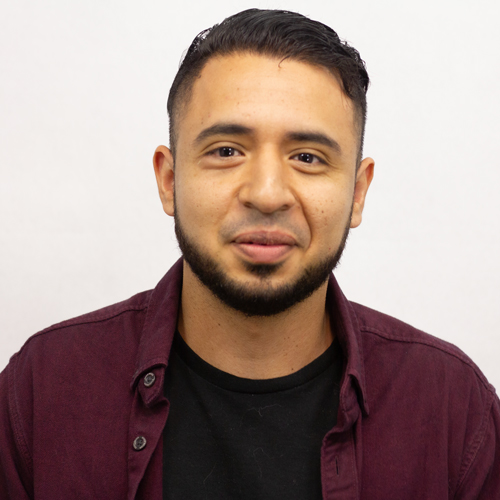
Jesus Delgado is a student in the Quantitative and Psychometric Methods (QPM) program and he worked this summer with his advisor, Professor David Weiss, on item response theory. It is safe to say that Delgado loves math and that this love was hard-won. Delgado is a first-generation college student, a Latinx from LA who struggled in school but found his footing at East Los Angeles College and took off at California State University Northridge where he earned a BA as well as a MA in Psychology with an emphasis on statistics. Delgado's scholarly interests are in how researchers can identify better statistical methods to use when analyzing their data. Delgado chose Minnesota as he appreciated the broad scope of interests among the QPM faculty! He is also committed to teaching as he has known too many students whose struggles with math led them to foreclose on opportunities where math is essential - medicine, engineering, psychology.
Delgado is an avid reader of non-fiction and he recommends the contemporary classic on cognitive biases, Thinking Fast and Slow by Daniel Kahneman, a psychologist who won a Nobel in economics.
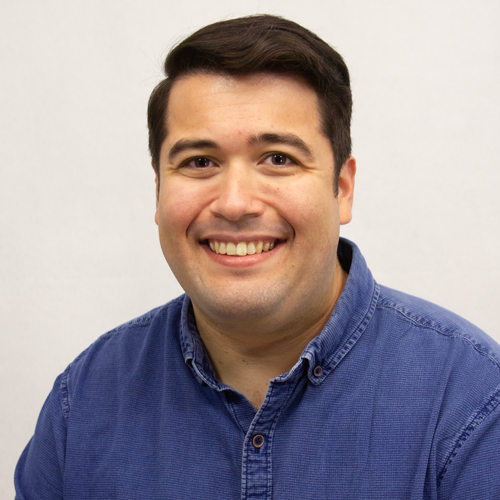
Rudy Perez is in Personality, Individual Differences, and Behavior Genetics (PIB), and Professors Juan Del Toro and Moin Syed are his advisors. Perez worked with Professor Del Toro this summer as their interests align in considering how cognitive and implicit biases are manifested in institutions and those who run institutions, specifically the impact of ethnic-racial discrimination on the well-being of children and youth. After earning his BS in Psychology from the University of Texas at Dallas, Perez moved to Washington DC to work at the Urban Institute, Justice Policy Center where he has been involved in analyzing how the practices of policing, immigration enforcement, and opioid abuse programs have impacted young people of color. Perez is Mexican-American, his mother is an immigrant, and he is a first-generation college student. Perez was determined and he began at junior college where he was inspired by teachers to persist in his academic work in pursuit of a better, more just world.
Perez recommends Behave: The Biology of Humans at Our Best and Worst written by neuroscientist and primatologist Robert Sapolsky.
